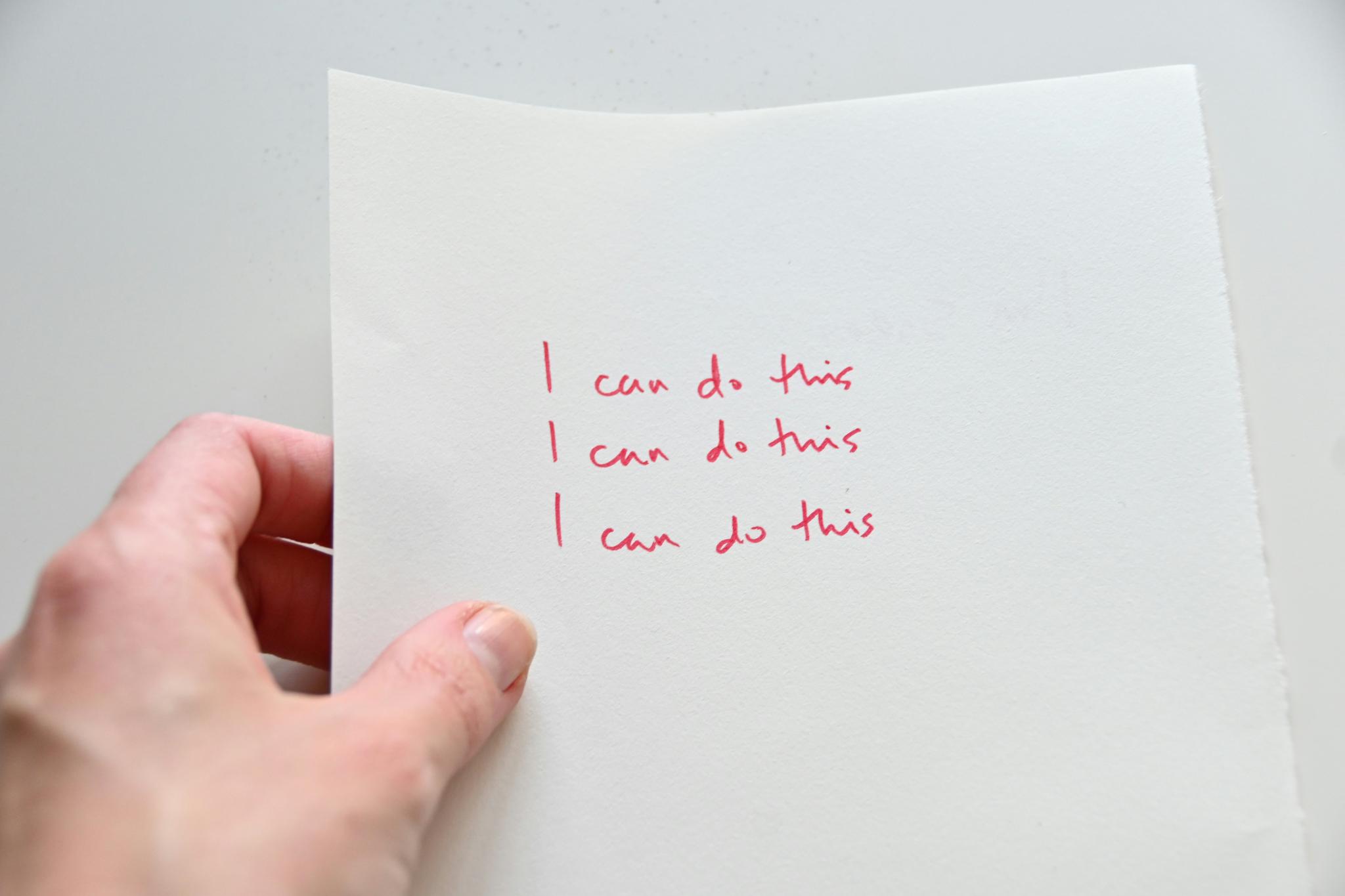Pregnant and Anxiety
Last updated
First published

Many changes occur during pregnancy, leading to an avalanche of stress, emotions, and pressure. All of this can result in anxiety, which is perfectly normal, as many pregnant women experience becoming anxious at some point during their pregnancy.
Many causes of anxiety during pregnancy
The body changes a lot during pregnancy and runs its developmental course. For some pregnant women, it can cause a feeling of loss of control, which along with thoughts and worries about how the pregnancy will go and what to expect later, can give anxiety or a sense of it.
It's a new and changeable situation you are in. Although you may generally be a very balanced and calm woman, you can quickly feel anxious due to hormones, dreams, pain, and unpredictable events.
Good advice for anxiety during pregnancy
It is by no means pleasant to be anxious - and not at all during a pregnancy where you want to be happy with the new circumstances and look forward to what is to come. To bring it to life or alleviate the feeling of being anxious, you can work on reducing stress as it makes it more comfortable for you.
You can do this in the following ways:
Get to know the anxiety and find out what "triggers" it. It makes it easier for you to recognize and work with situations that need to be taken care of.
Be good to your body by getting your sleep, eating healthy, and moving.
Cut back on tasks and projects and only spend time on what makes sense.
Share your thoughts and concerns with others.
Go to pregnancy yoga and use the breathing exercises when you feel that a seizure is on the way.
Talk to a professional experienced in treating anxiety.
Stress helps to provoke anxiety and seizures. Therefore, make sure to get as far down in gear as possible and listen to your needs so that thoughts and feelings do not pile up and give you unpleasant seizures.
Anxiety is not dangerous
Although it feels very uncomfortable, anxiety is fortunately not dangerous. Anxiety is thoughts, feelings, and bodily reactions that you can prevent and work with to learn to figure out what triggers it. When you have a seizure, it can help you tell yourself that it is not dangerous and goes away again.
However, you should get professional help to get out of the anxiety or get it at a distance until you have more surplus to work with what triggers it.
Contents
